Tackling Lead Poisoning in Vultures in Zimbabwe
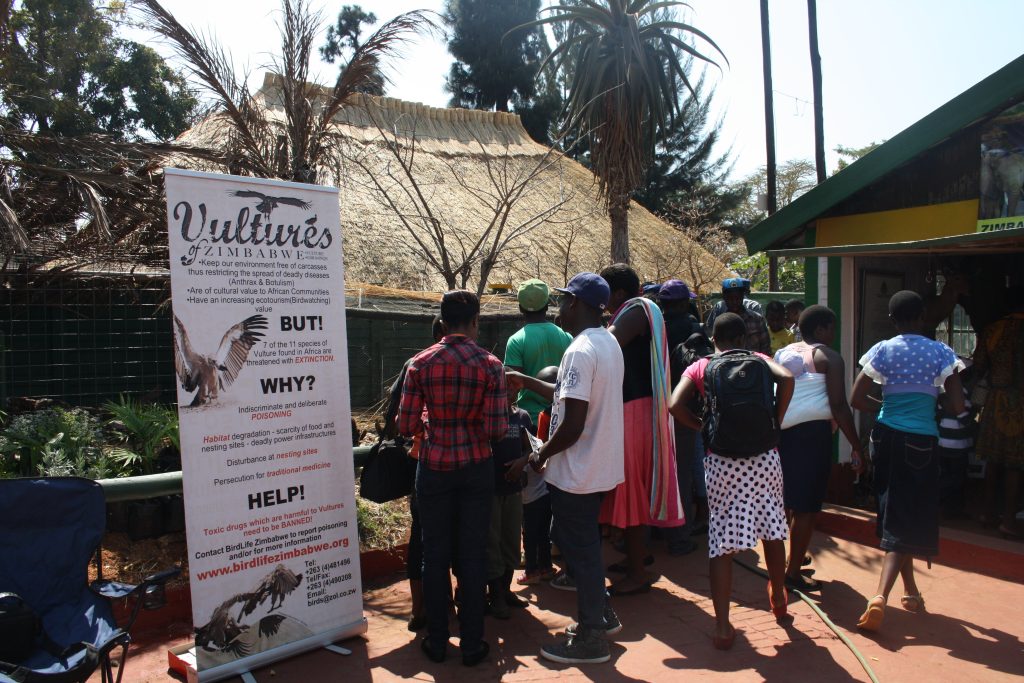
In Southern Africa, poisoning and belief-based use are the leading threats to vulture populations
Across Africa, vultures are amongst the most threatened bird species. Although vultures play a vital role in cleaning thereby reducing the potential spread of diseases, their populations have drastically reduced in recent years, driven by various factors including poisoning, belief-based use, electrocution and collision with energy infrastructure and habitat loss among others.
In Southern Africa, poisoning and belief-based use are the leading threats to vulture populations. To tackle this threat, conservationists and other stakeholders converged at the Cresta Lodge Hotel in Harare, Zimbabwe, on 9-10th April 2024 to discuss the threat of lead poisoning in vultures arising from the use of lead ammunition. Lead (Pb) has serious impacts on vultures and other wildlife. In vultures, it affects all the main organs leading to death. It also affects their capacity to breed effectively.
The Vulture Lead Advocacy Workshop, co-organised by BirdLife Zimbabwe (BirdLife partner in Zimbabwe) and Zimbabwe Parks and Wildlife Management Authority (ZPWMA), brought together participants from Rural District Councils, universities, the Zimbabwe Republic Police, Zimbabwe Professional Guides and Hunters Association, retailers of arms and ammunition, Veterinarians and Civil Society Organizations.
During the first day of the workshop, presentations were made on the importance of vultures as nature’s clean-up crew and the threats they face, particularly from lead in ammunition. Links between the impacts of lead on human health were also ably demonstrated.
While opening the meeting, Roseline Mandisodza-Chikerema, Chief Ecologist for Terrestrial Ecosystems at Zimbabwe Parks and Wildlife Management Authority said collective efforts during the workshop would not only benefit Zimbabwe but would also play a pivotal role in shaping a broader Southern African Development Community (SADC) strategy for wildlife conservation across the region.
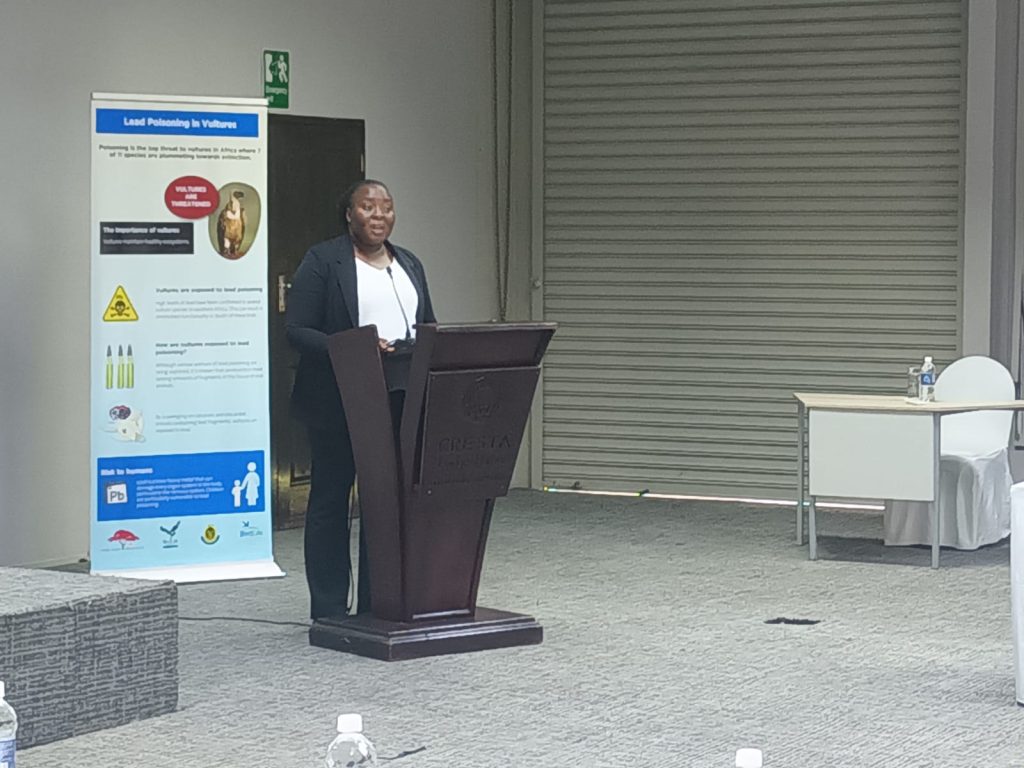
“Let us seize this opportunity to collaborate, innovate, and drive positive change that will benefit our vultures, wildlife, and ecosystems. We must develop an actionable vulture lead plan backed up by a sustainable financing plan,” she added.
Julia Pierini, the CEO of BirdLife Zimbabwe emphasized the need for concerted effort to tackle the vulture crisis in Africa and in Zimbabwe.
“I am encouraged by the ongoing support and collaboration of Zimbabwe Parks and Wildlife Management Authority and the committed participation of the varied stakeholders represented here at this meeting. Lead affects vultures, other wildlife, and humans. We should all work together to identify a pathway towards the phasing out of lead in the environment, especially in ammunition,” she noted.
“Vultures in Asia faced a single threat – poisoning from a veterinary drug, diclofenac, but their numbers plummeted. Vultures in Africa face several threats including belief-based use and poisoning, including lead poisoning from ammunition and therefore the need for urgent action,” said Lovelater Sebele, Senior Vulture Conservation Officer for Southern Africa at BirdLife International.
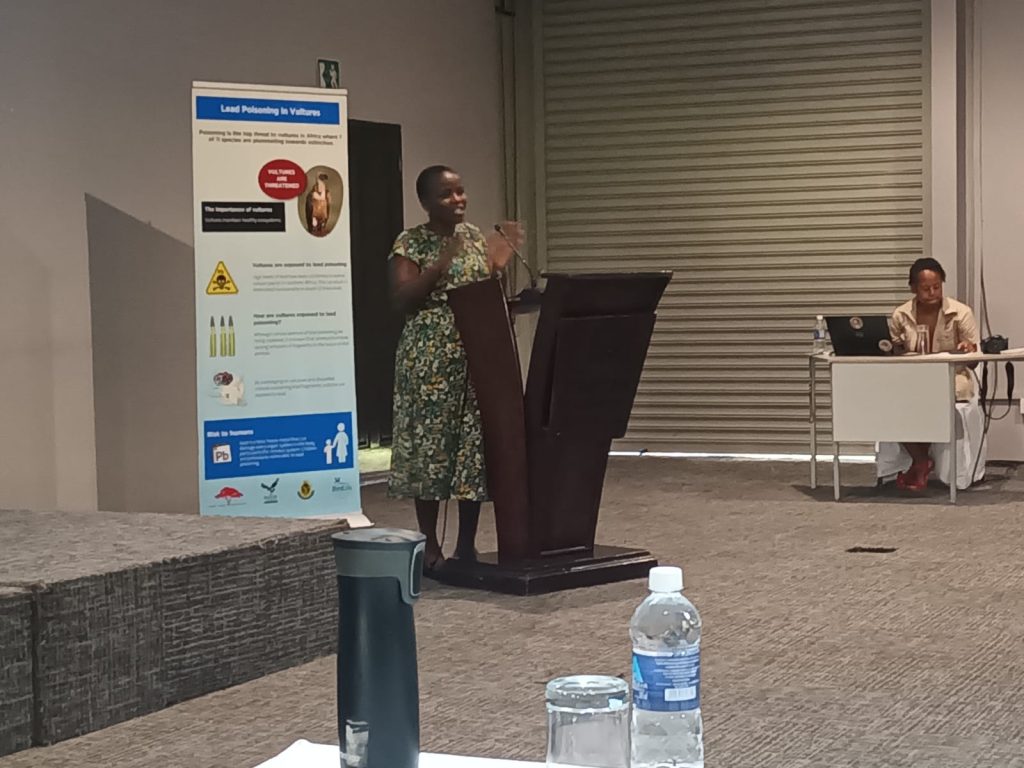
“Studies have shown that lead in carcasses shot with lead ammunition is poisoning vultures. It is negatively impacting vulture population growth and neurological development. Human health is also being impacted as humans are exposed to lead from ammunition in several pathways. Addressing this threat will require a One Health approach,” she added.
The One Health approach is unified action that seeks to find solutions for people, animals, and the environment. Participants at the workshop agreed to develop a Wildlife Lead Action Plan to help Zimbabwe address the dangers posed by lead, emphasizing collaboration and a multi-stakeholder approach as key to success.
The workshop also identified key issues – prerequisites for accelerating the removal of lead as a threat to vultures – which will also benefit other wildlife and people. They include the need for more research, education and awareness raising, establishment of strong policies and legislation to regulate lead use, identification of feasible alternatives and provision of sustainable financing to make the switch from lead ammunition.
Other global initiatives like the Minamata Convention to address mercury poisoning, the ban on lead fuel and ongoing efforts to ban lead paint and lead batteries demonstrate that success is possible.
“Phasing out of lead ammunition in Zimbabwe, Africa and the rest of world is possible. The approach must be science-led and collaborative. It must also recognize the urgency and move with speed, establish an efficient delivery mechanism, be strongly anchored in policy and legislation, and have a global accountability mechanism,” concluded Ken Mwathe, the Policy, Climate and Communications Coordinator for Africa at BirdLife International.
Header Image: BirdLife Zimbabwe raising awareness of vultures at a past event © BirdLife Zimbabwe
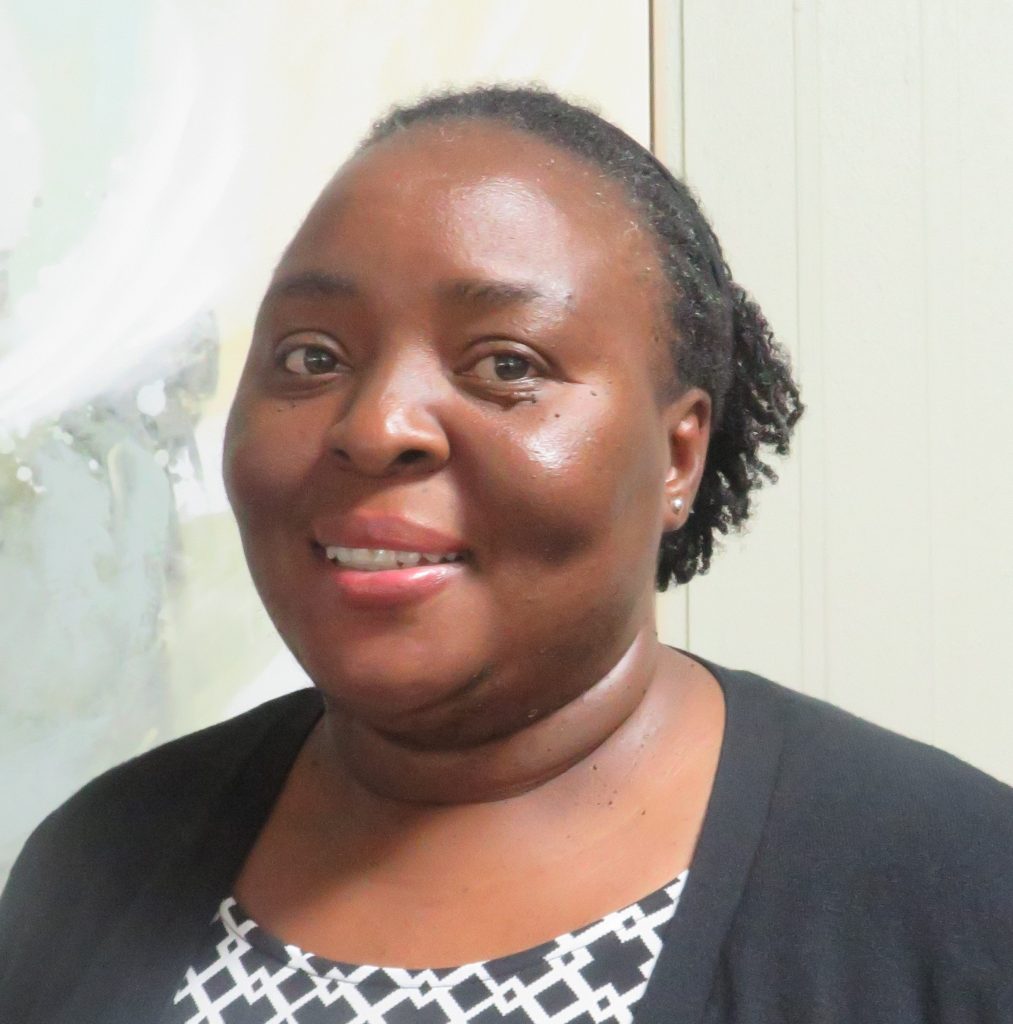
“Let us seize this opportunity to collaborate, innovate, and drive positive change that will benefit our vultures, wildlife, and ecosystems”
Roseline Mandisodza-Chikerema, Chief Ecologist for Terrestrial Ecosystems, Zimbabwe Parks and Wildlife Management Authority (ZPWMA)
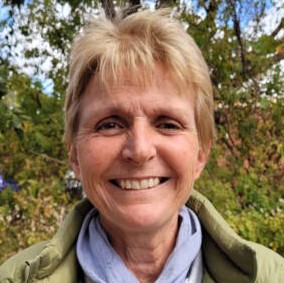
“Lead affects vultures, other wildlife, and humans. We should all work together to identify a pathway towards the phasing out of lead in the environment, especially in ammunition”
Julia Pierini, CEO BirdLife Zimbabwe